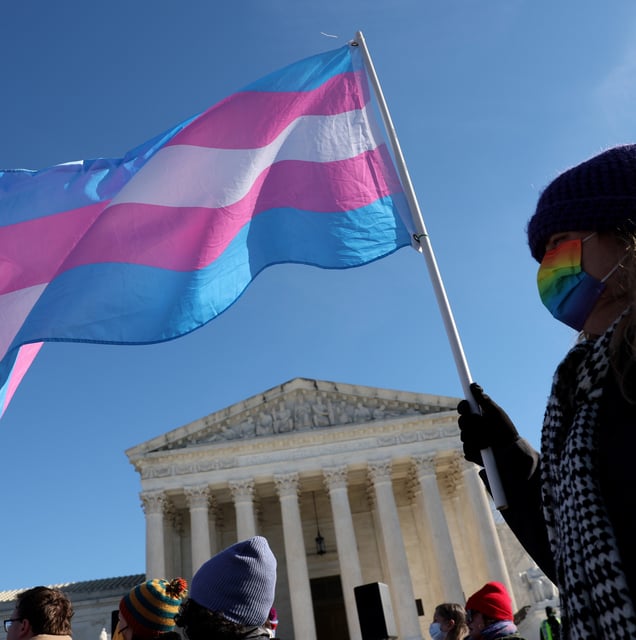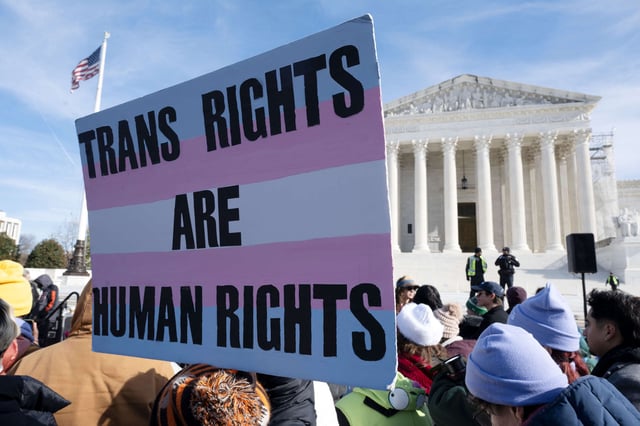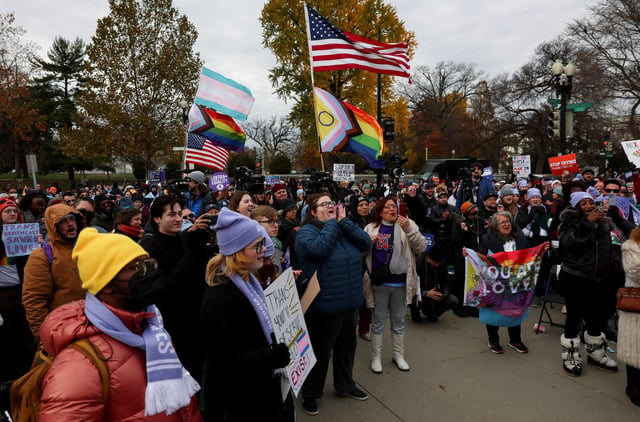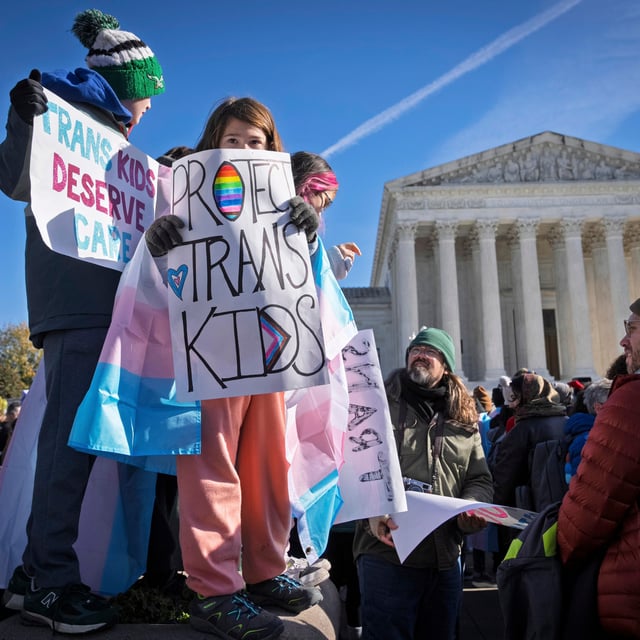Overview
- The Supreme Court’s 6-3 ruling held that Tennessee’s 2023 law barring puberty blockers, hormone therapy and surgery for gender transition does not violate the 14th Amendment’s Equal Protection Clause.
- Chief Justice John Roberts wrote that the law targets age and medical diagnosis instead of sex, prompting the court to apply a deferential rational-basis review.
- Justice Sonia Sotomayor’s dissent, joined by Ketanji Brown Jackson and Elena Kagan, warned that the decision invites discrimination and leaves transgender youth subject to political disputes.
- The ruling effectively upholds comparable bans in at least 24 states and steers future challenges toward parental decision-making rights and adult care restrictions.
- Major medical organizations, including the American Academy of Pediatrics, assert that gender-affirming care is medically necessary and backed by research, and advocates are readying new litigation.



